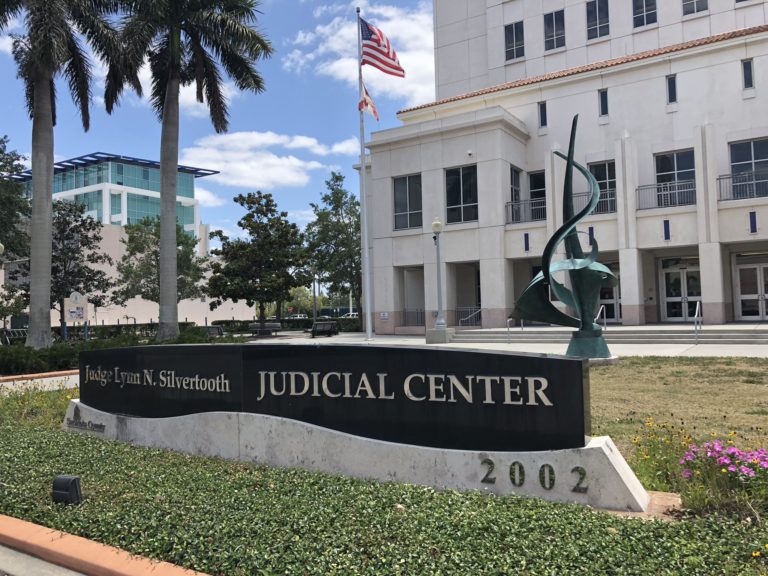What Happens When a Minor Inherits Money in Florida?
Leaving money to a child or grandchild may seem straightforward—but in Florida, things get more complicated when a minor is involved. The state has clear rules about how much a minor can inherit before court involvement is required, and those rules impact both estate planning and estate administration.
Here’s what you need to know—whether you’re planning ahead or managing an inheritance that’s already been left to a child.
Florida Law: Minors and Inheritance
In Florida, a minor is anyone under age 18. Minors cannot directly inherit or take control of money—even if they’re listed as beneficiaries. Instead, the law provides different paths depending on how much is left to the minor and how it’s structured.
If the Minor Inherits $15,000 or Less
Under Florida Statutes §744.301(2), if the total value of money or property left to a minor is $15,000 or less, a natural guardian (usually a parent) can receive and manage those funds without court involvement.
This is true whether the inheritance comes from:
- A will or trust,
- A payable-on-death account,
- Life insurance or retirement account,
- A settlement or gift.
Conditions:
- The $15,000 cap is cumulative. If multiple gifts or sources exceed the total, court-supervised guardianship may still be required.
- The natural guardian does not have to be court-appointed, but they are still legally responsible for using the funds for the minor’s benefit.
If the Minor Inherits More Than $15,000
Once the amount exceeds $15,000, Florida law requires the appointment of a guardian of the property unless the money is placed into an alternative structure such as a trust or custodial account.
Guardianship of the Property:
- Requires a court petition and formal appointment.
- The guardian must post a bond or use a restricted depository account.
- Annual accountings must be filed with the court.
- Court approval is required for most expenditures.
This process is often time-consuming and expensive, and it lasts until the child turns 18.
Alternatives to Avoid Guardianship
The good news is that guardianship is often avoidable—especially with good planning. Here are the most common strategies:
1. Revocable or Testamentary Trusts
A trust can be created during your lifetime or in your will to hold funds for a minor. A trustee (often a trusted adult or financial institution) manages the funds until the child reaches a specified age—21, 25, or even later.
Benefits:
- Avoids court involvement.
- Allows long-term management.
- You control distribution timing and conditions.
2. Florida UTMA Accounts
The Uniform Transfers to Minors Act (UTMA) allows you to name a custodian to manage funds until the child reaches age 21, or 25 if specifically stated.
Benefits:
- No court involvement.
- Simpler than a trust.
- Can be used for gifts, inheritances, or life insurance proceeds.
3. Structured Settlements
In personal injury or wrongful death cases, funds can be placed in a structured settlement annuity, often approved by the court, which delays payouts until the child is older.
4. Payable-on-Death to a Custodian or Trust
Instead of naming a minor directly as a beneficiary, you can name:
- A custodian under UTMA, or
- A trustee of a minor’s trust.
This avoids automatic guardianship and ensures responsible management.
What Happens at Age 18?
If no alternative structure is in place, and the funds are held under a guardianship, the full amount must be turned over to the child at age 18—even if they’re not ready to handle a large inheritance.
Trusts and UTMA accounts can delay full access until a more mature age, such as 21 or 25, which often leads to better outcomes.
Real-World Examples
Example 1: $10,000 from a Grandparent
A child inherits $10,000 under a will. The funds are released to the child’s mother as natural guardian. No court involvement is required.
Example 2: $50,000 Life Insurance Proceeds
A father passes away and names his 16-year-old son as the beneficiary of a $50,000 life insurance policy. A guardian of the property must be appointed, unless the funds are redirected to a UTMA account or trust.
Example 3: Trust in a Will
A grandmother leaves $100,000 to her granddaughter in a trust that delays distributions until age 25, with the trustee having discretion to use the funds earlier for education or support. This avoids any need for guardianship.
Conclusion: Plan Carefully to Protect the Minor and Avoid Guardianship
Leaving money to a minor is common—but failing to plan ahead can create serious problems. Court-ordered guardianships are expensive, slow, and end at age 18—whether or not the child is ready.
By using tools like trusts, UTMA accounts, and beneficiary designations, you can make sure your gift is protected and responsibly managed.
If you’re planning to leave money to a minor or administering an estate involving a minor beneficiary, contact Bart Scovill, PLC. We’re experienced in helping Florida families navigate these rules and protect what matters most.
Contact Us For More Information

Or Call 941-365-2253 for a Free Consultation
NOTE: The use of the Internet or this form for communication with the firm does not establish an attorney-client relationship. Confidential or time-sensitive information should not be sent through this form.







